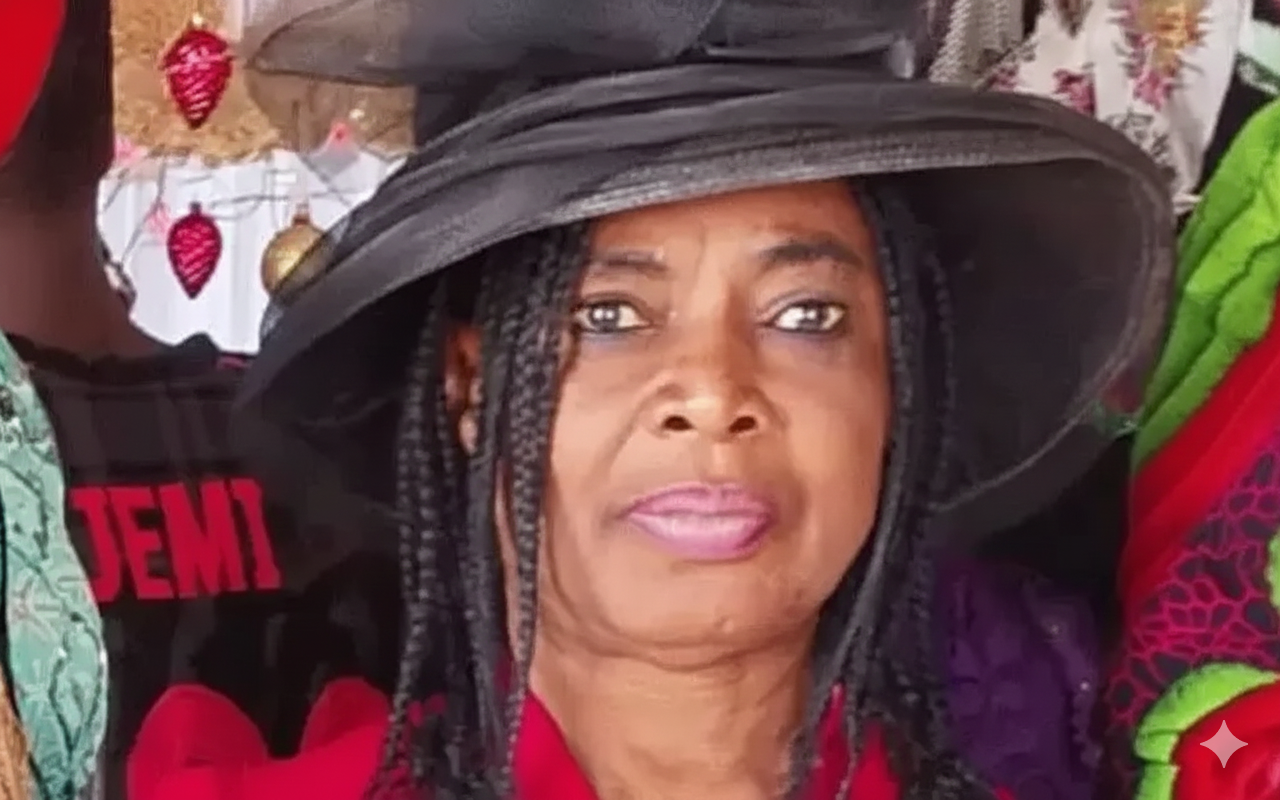Media Rights Agenda (MRA) has called on the Federal Government to take urgent measures to give full effect to the judgment of the ECOWAS Court of Justice, which declared aspects of Kano State’s blasphemy laws a violation of the nation’s obligations under the African Charter on Human and Peoples’ Rights (ACHPR) and the International Covenant on Civil and Political Rights (ICCPR).
Urging the Nigerian government to promptly comply with the court’s order to bring all such laws in the country into conformity with its international human rights obligations, MRA stressed that failure to abide by the judgment would not only undermine the rule of law and weaken the regional human rights system, but also worsening Nigeria’s reputation as a democracy committed to the fundamental rights of its citizens.
In a unanimous judgment in April 9, 2025, by three judges in a suit filed by a human rights organisation, Expression Now Human Rights Initiative, the ECOWAS Court held that the blasphemy provisions in the Kano State Penal Code, its Sharia Penal Code Law of 2000, and similar provisions in other laws violate key human rights guarantees, particularly the right to freedom of expression, guaranteed by the African Charter and the ICCPR.
The court further ruled that Nigeria, as a State Party to the African Charter and the ICCPR, is bound to ensure that its domestic laws, including state-level legislation, comply with these international instruments.
It accordingly ordered the Federal Government to ensure the repeal or amendment of blasphemy provisions in the Kano State Penal Code, its Sharia Penal Code Law of 2000, and similar provisions in other laws as they are incompatible with Nigeria’s obligations to guarantee freedom of expression under the regional and international instruments.
In a statement by Acting Head of Legal Department, Monday Arunsi, MRA agreed fully with the court’s position when it stated that “capital punishment is typically reserved for serious crimes like murder, terrorism or genocide where there is a clear victim, who has suffered grave harm, not speech or disrespect. The Court is of the opinion that there are less restrictive ways in which the State could limit the freedom of expression to ensure respect for the religious beliefs of others and the preservation of public peace.”
According to Arunsi, Nigeria cannot pick and choose which of its international obligations to respect, stating: “The judgment of the ECOWAS Court is binding, and the Federal Government has a legal and moral duty to comply with it and ensure that the provisions of all federal and state laws are consistent with the regional and international instruments to which it is a State Party and, in particular, that the laws protect the rights and freedoms enshrined in the African Charter and the ICCPR, which Nigeria has voluntarily ratified.”
He also urged the National Assembly, National Human Rights Commission and other relevant institutions to play their part in ensuring that Nigeria’s legal framework fully aligns with its commitments under regional and international human rights treaties.






